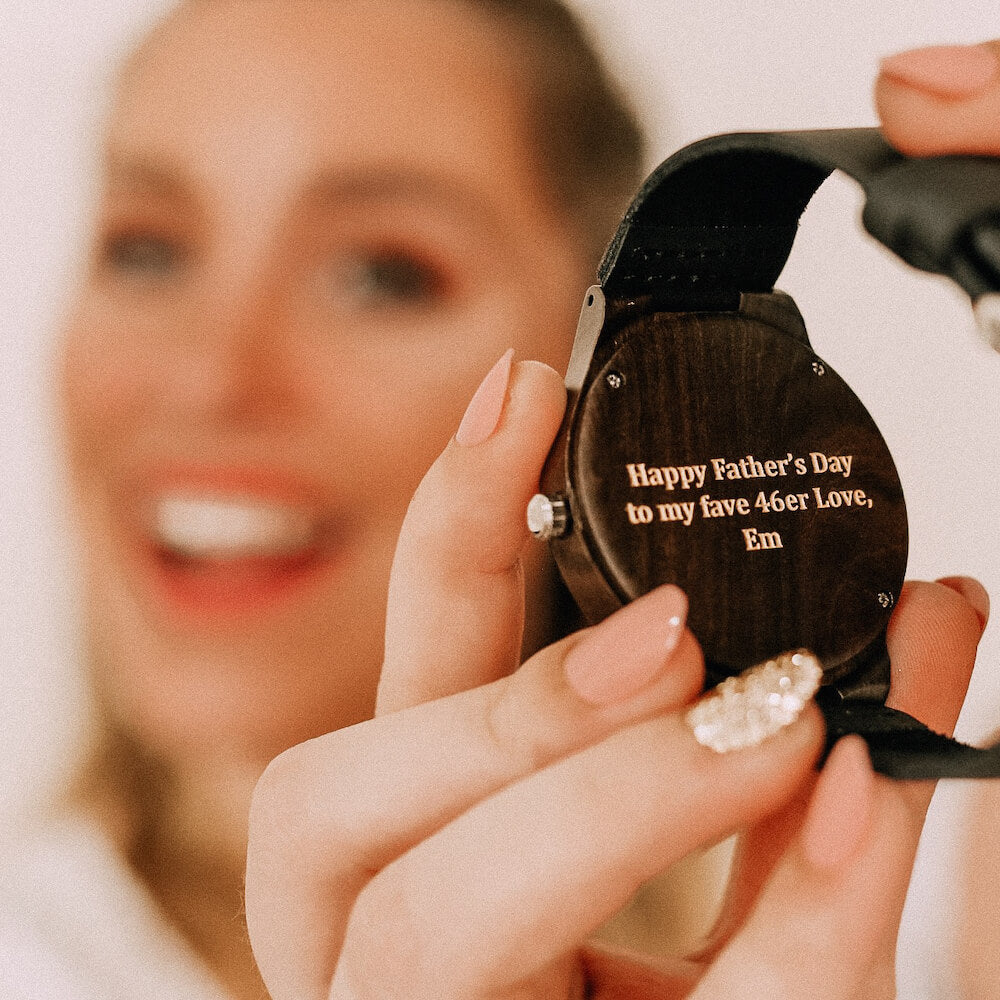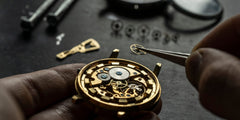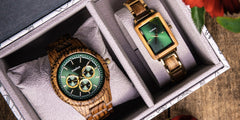There are many reasons why you might want to buy a watch. Watches can be used for timekeeping, but they can also be used as fashion accessories or statement pieces. If you are looking for a quality timepiece that does not need to be wound often, then perhaps an automatic watch might be a suitable (and fashionable) option. But what do we mean by an automatic watch? This blog post tells you everything you need to knowso you can determine whether it's the best fit for you.
How do automatic watches work?
An automatic watch is a type of timepiece powered by a rotor that winds the mainspring. It is also a self-winding watch since its name typically refers to a mechanical watch that is wound by the natural motions of the wearer's arm. This type of watch does not require manual winding, as it gets its power from the motion of your arm. Automatic watches are popular among collectors and people who wear their watches every day, as they do not require any manual winding.
How long do automatic watches last?
Automatic watches are popular because they don't need to be wound as often as manual watches, and they usually have a longer lifespan than battery-powered ones. However, how long they last varies depending on the brand and model. Some automatic watches can last for decades, while others may only last a few years.
Many also have a power reserve, which means that they will continue to run even after you stop wearing them. This is an excellent feature for people who do not wear their watches every day, as it prevents the watch from stopping completely. If you are looking to purchase one, be sure to ask the seller what the power reserve is. Some watches may only have a 12 or 24 hours power reserve, while others may last for several days. It's essential to do your research before purchasing one to ensure you get one that will last.
How accurate are automatic watches?
Automatic watches rely on the motion of your arm to keep them running. This means that they will be more accurate if you wear them regularly; if you only put them on once in a while, they may not keep time. Additionally, they are less accurate in cold weather since the movement of your arm is slower in colder temperatures.
The accuracy can thus vary. Some are more accurate than others, but all will lose or gain time to some degree over time. Generally speaking, it is about as precise as a quartz watch- which is to say, it's not extremely precise, but it should stay within a few seconds per day of the correct time. That said, a few high-end options are accurate within a few seconds per month. An automatic watch does the job without requiring any manual winding.
Automatic watches are still very accurate timepieces. If you wear them regularly and keep them well-maintained, they will likely lose or gain only a few seconds per day. This makes them perfect for everyday wear and more casual occasions.
How to keep the automatic watch running?
An automatic watch does not require manual winding in order to keep it running. It gets its energy from the natural movement of your arm. As long as you're wearing it regularly, it will continue to run without any intervention on your part.
Conclusion
The best automatic watch has reliable movement, accurate timekeeping, and great craftsmanship. These things are what you should be looking for when choosing the right watch to invest in. Many people prefer automatic watches over quartz watches because they require less maintenance and can last longer. You may want to buy one if you're looking for a reliable accessory that will always keep accurate time; we hope this article has helped answer some questions about whether you should go ahead and make the purchase!































